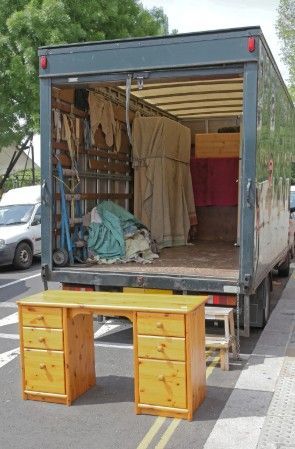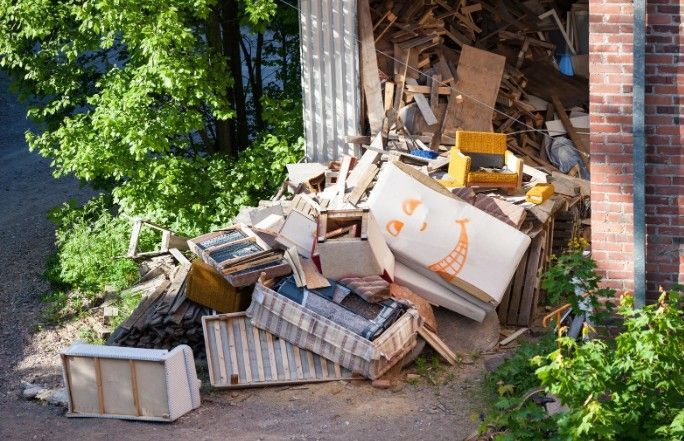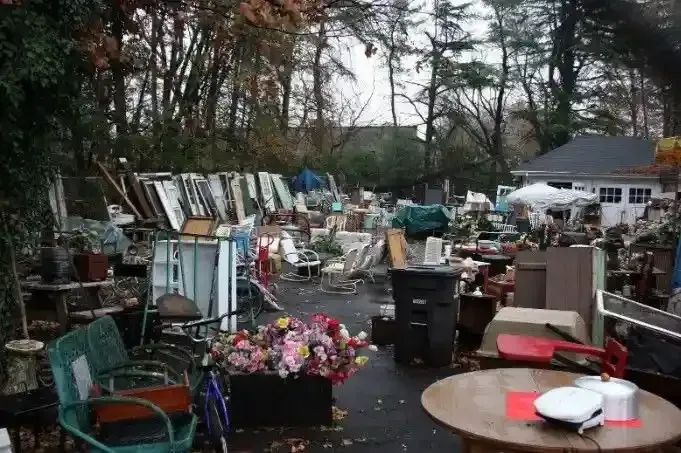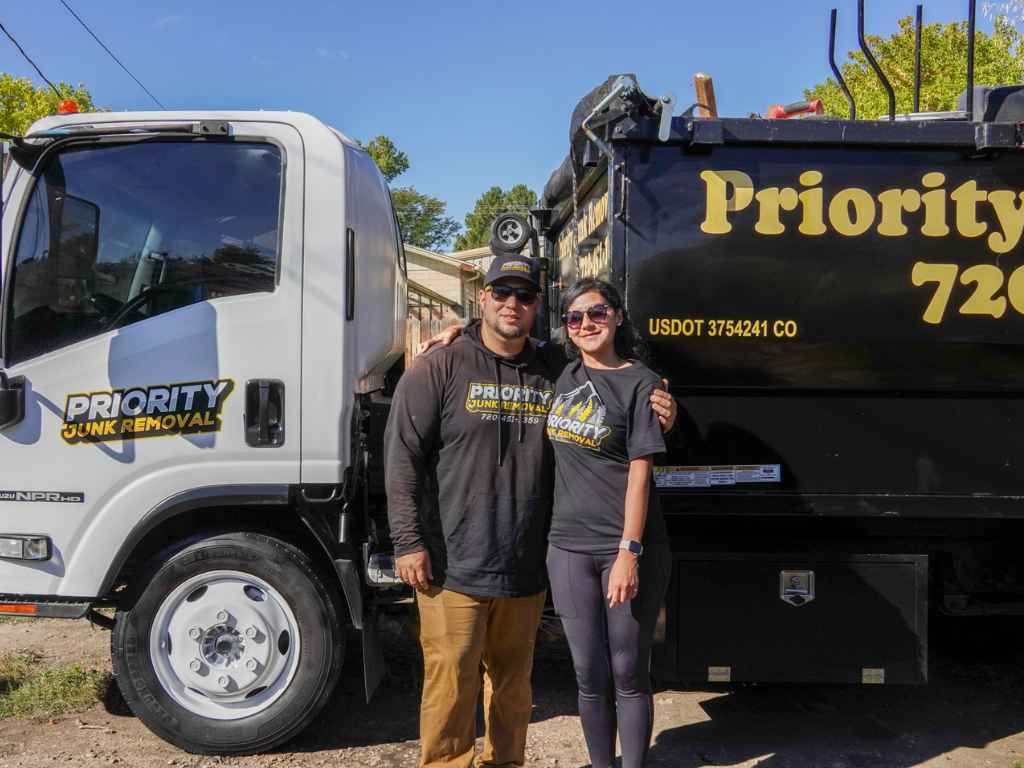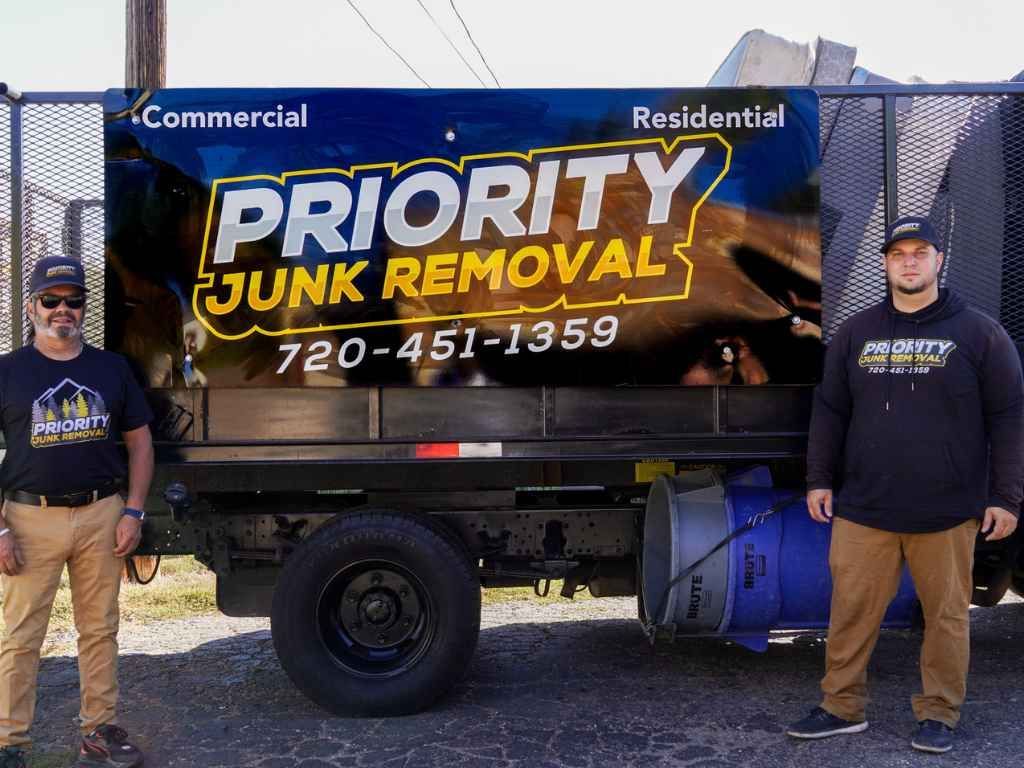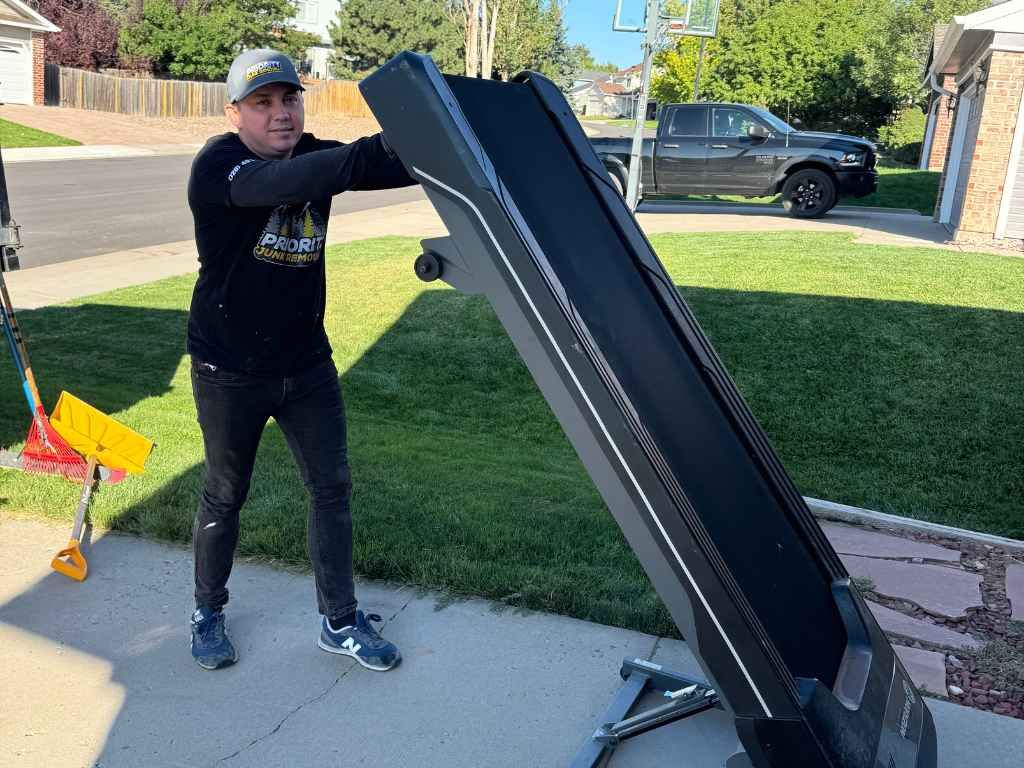Efficient and Eco-Friendly Yard Waste Disposal
The yard is often a place where homeowners take pride in cultivating beauty and maintaining a serene environment. Whether it’s through vibrant flowers, lush greenery, or well-manicured lawns, the garden is a reflection of personal style and care. However, as with any space, the time comes when upkeep results in unwanted waste—twigs, leaves, grass clippings, and branches. Left unchecked, these materials can quickly accumulate, leaving you with an unsightly mess. Disposal of yard waste may seem straightforward, but without proper handling, it can turn into an overwhelming task. Thankfully, there are efficient and eco-friendly ways to manage this inevitable byproduct of landscaping.
Understanding Yard Waste: The Basics
Yard waste refers to the natural debris created during routine lawn care and gardening activities. This can include:
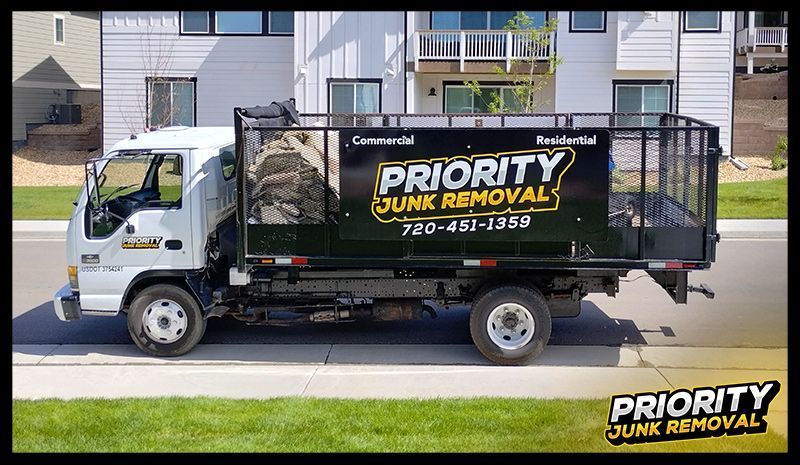
- Grass Clippings: Grass clippings are a natural byproduct of mowing that can quickly accumulate on your lawn. While small amounts of clippings can decompose and nourish the grass, large piles often create unsightly patches and block sunlight, leading to dead spots.
- Leaves: Leaves become especially abundant in the fall, covering your yard in a colorful but messy layer. If left unattended, wet leaves can create slippery surfaces and attract pests or mold. Regular collection helps maintain a tidy lawn and prevents the leaves from suffocating the grass beneath them.
- Branches and Twigs: Branches and twigs often accumulate from routine pruning, seasonal trimming, or storm damage. These woody pieces can clutter the yard, create tripping hazards, and obstruct mowing. Removing them promptly keeps the lawn safe and attractive while preventing pests from nesting in the debris.
- Weeds and Brush: Weeds and brush are fast-growing and can quickly overrun a garden or lawn if not managed. These unwanted plants compete for nutrients, water, and sunlight, weakening the surrounding vegetation. Removing weeds and brush regularly helps maintain a neat landscape and ensures that desirable plants can thrive without competition.
- Soil and Dirt: Soil and dirt often build up from digging, planting, or general landscaping work. Accumulated dirt can create uneven patches on the lawn and muddy walkways. Removing or redistributing soil ensures a smooth, level surface and improves drainage, which promotes healthy grass and plant growth while keeping the yard visually appealing.
The Problem with Traditional Yard Waste Disposal
In many areas, the most common approach to handling yard waste is simply tossing it out with the regular trash. However, this method is far from ideal for several reasons:
- Environmental Impact of Landfills: Organic materials, including yard waste, that end up in landfills often contribute to the production of methane—a potent greenhouse gas. This occurs because, in a landfill, organic matter decomposes anaerobically (without oxygen), which accelerates the release of harmful gases into the atmosphere.
- Waste of Valuable Resources: Many forms of yard waste, especially leaves and grass clippings, can be composted or mulched, reducing the need for artificial fertilizers and contributing to a more sustainable ecosystem.
- Inconvenience and Volume: Storing and transporting large quantities of yard waste to local landfills or disposal sites can be time-consuming and physically demanding, especially for those with significant yard space.
Fortunately, there are innovative, more eco-conscious solutions that allow you to dispose of your yard waste while minimizing harm to the environment.
Composting: The Natural Recycling Process
Composting is one of the most effective and eco-friendly ways to dispose of yard waste while giving back to the environment. It’s a natural recycling process where organic materials like leaves, grass clippings, and vegetable scraps break down over time, creating nutrient-rich soil known as humus. This process helps improve soil health and supports the growth of vibrant, healthy plants. Composting works through the action of microorganisms, which break down organic matter in a controlled environment with the right balance of moisture, air, and carbon-rich and nitrogen-rich materials.
How Composting Works
Composting starts with gathering organic waste such as leaves, grass clippings, branches, and vegetable scraps. You’ll want to balance "green" materials (like fresh grass clippings and food scraps) with "brown" materials (like dried leaves and twigs) to ensure proper decomposition. Add water to maintain moisture levels and occasionally turn the pile to introduce air, which helps microorganisms break down the materials more efficiently. Over time, the organic matter will transform into dark, rich humus that smells earthy and feels crumbly to the touch.
Benefits of Composting
Composting offers a range of environmental and practical benefits. First, it significantly reduces the amount of organic waste that ends up in landfills, which helps cut down on methane emissions — a potent greenhouse gas. Second, composting creates nutrient-rich soil that improves plant growth and reduces the need for synthetic fertilizers, which can harm the environment. It also enhances soil structure, promotes better water retention, and encourages the presence of beneficial microbes that support plant health.
Mulching: Reusing Yard Waste as a Protective Layer
Mulching is another effective and eco-friendly way to handle yard waste while improving the health of your garden. It involves shredding and spreading organic material, such as leaves, grass clippings, and small branches, to create a protective layer over soil. This layer helps retain moisture, regulate soil temperature, and prevent weed growth. Mulch also gradually breaks down over time, adding valuable nutrients back into the soil. The best part about mulching is that it uses materials you already have on hand, turning what would be waste into a valuable resource for your garden.
How Mulching Works
To get started with mulching, you’ll need to gather yard debris such as leaves, grass clippings, and small branches. Use a lawn mower or a mulching machine to shred the materials into smaller pieces. This helps the mulch break down more easily and release nutrients into the soil over time. Once you have the mulch prepared, spread it around the base of trees, shrubs, and garden beds, making sure to keep it a few inches away from the stems and trunks to prevent rot.
Benefits of Mulching
Mulching offers several key benefits for both your garden and the environment. First, it helps soil retain moisture by reducing evaporation, which means you’ll need to water less frequently — a big advantage during hot summer months. Second, mulch suppresses weed growth by blocking sunlight and creating a barrier that prevents weed seeds from taking root. This makes garden maintenance easier and reduces the need for chemical herbicides.
Local Yard Waste Pickup Services
If you don’t have the time or space to manage yard waste through composting or mulching, local yard waste pickup services provide a convenient and eco-friendly alternative. Many municipalities and private waste removal companies offer scheduled yard waste collection, making it easy for homeowners to keep their yards clean without the hassle of managing the waste themselves. These services often ensure that collected yard waste is repurposed sustainably, either through composting, recycling, or waste-to-energy programs.
How Yard Waste Pickup Services Work
Yard waste pickup services are designed to make yard maintenance easy and stress-free. Most services operate on a regular schedule, providing homeowners with designated bags or bins for yard waste collection. You simply fill the bags or bins with leaves, grass clippings, small branches, and other organic debris, then place them at the curb on your scheduled pickup day. A waste removal team collects the materials and transports them to a local composting facility, recycling center, or waste-to-energy plant.
Benefits of Yard Waste Pickup Services
Using a yard waste pickup service saves time and effort, especially for busy homeowners. It eliminates the need to transport yard waste yourself, which can be time-consuming and messy. Many services ensure that collected materials are recycled or composted, reducing landfill waste and supporting sustainable practices. Another benefit is that yard waste pickup helps keep neighborhoods cleaner and more attractive by preventing yard debris from accumulating on streets or sidewalks.
The Impact of Eco-Friendly Yard Waste Disposal
When you choose eco-friendly methods to dispose of your yard waste, you're not just benefiting your garden and your home. You're also playing a critical role in protecting the environment. By diverting waste from landfills and opting for solutions like composting, mulching, or recycling, you help reduce the negative impact that yard waste can have on our planet.
- Reducing Greenhouse Gas Emissions: By avoiding landfills, which are major sources of methane emissions, you’re contributing to the reduction of harmful gases that accelerate climate change.
- Conserving Resources: Recycling yard waste into mulch or compost reduces the need for chemical fertilizers and conserves water by improving soil quality.
- Preserving Landfill Space: By diverting yard waste from landfills, you help preserve valuable landfill space for materials that cannot be recycled.
Making the switch to eco-friendly yard waste disposal methods is not just a choice; it’s a commitment to a greener, more sustainable future.
Conclusion
Proper yard waste disposal is essential for keeping your garden looking great and supporting a healthier environment. When you handle yard waste responsibly, you not only improve the appearance of your property but also reduce the strain on landfills and promote soil health. Composting leaves, grass clippings, and small branches is a great way to enrich your garden’s soil naturally.
Taking these steps helps conserve resources, reduce pollution, and contribute to a more sustainable future. For more information on eco-friendly disposal methods or professional yard waste removal services, feel free to contact Priority Junk Removal at 6091 South Spotswood Street, Littleton, Colorado 80120. You can reach us at 720-451-1359 or priorityjunkremoval@gmail.com.

